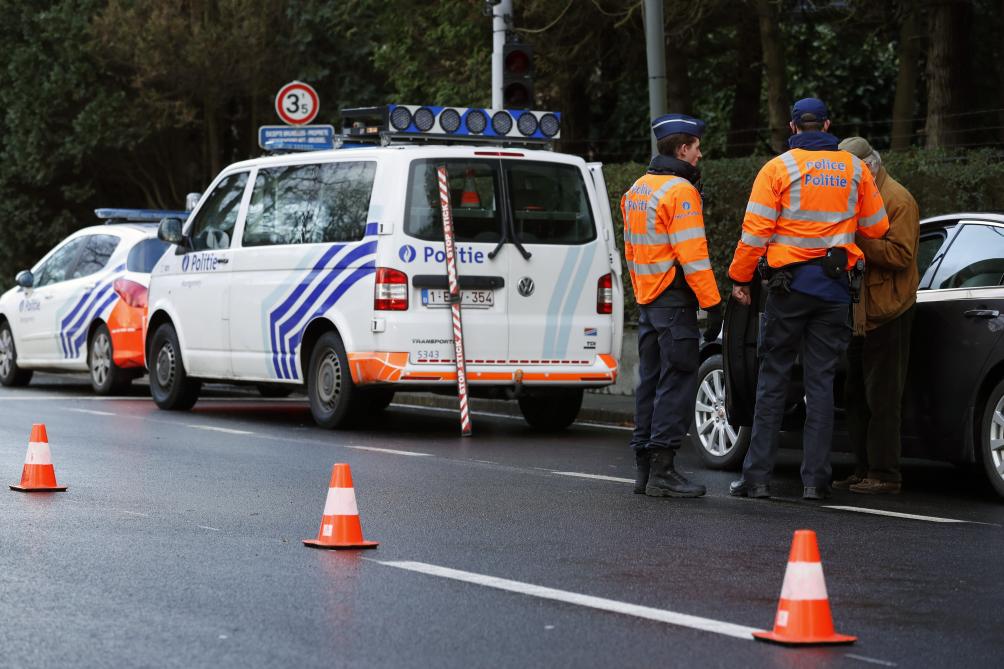Almost one in three motorists convicted of a road-traffic offence is found guilty again within a year, while a further 15% will commit another offence at a later date, according to a major study carried out by the road traffic institute Vias.
Vias carried out a study of the government’s central register of penalties, involving 92,000 people and more than one million traffic offences. The institute claims it is the largest study on repeat traffic offenders ever carried out in this country.
Unusually, the study shows that a driver who receives a prison sentence is 1.6 times more likely to offend again than someone who receives only a fine. And motorists who are sentenced to follow a mandatory driving course are less likely to offend again than those who receive a more traditional penalty.
Last month saw the introduction of the alcohol lock for repeat offences involving drink-driving. The lock will only allow the engine to start when the driver has given a negative breath test showing the absence of alcohol. Studies from other jurisdictions where the lock is already in operation have shown that the programme cuts the rate of recidivism by 75%.
By far the majority of repeat offenders are men. To begin with, 85% of all motorists who appear before the police courts which have jurisdiction for traffic offences are men. When it comes to repeat offenders, men are twice as likely to offend again than women.
“In general, these are men in their thirties. In other words, these are practically all men who have always driven that way, for whom it is very difficult to change their ways,” Benoit Godart, spokesperson for Vias, told the RTBF.
As far as a solution is concerned, Vias points out that alternative penalties are invariably more effective than traditional sentences. The most effective: a mandatory course of raising awareness of the consequences of illegal driving. Such courses, Vias says, “play on the raising of responsibiity in the driver. Having them confront their experiences in a group setting is far more effective than having someone rap them on the knuckles and tell them they’re not allowed to drive.”
“Traditional penalties have demonstrated their limitations,” Godart said. “A driving ban is the worst example: 85% of those who have been banned from driving repeat again, with 55% doing so in the year following the ban. In any case, it’s not possible to say for sure if the ban is being respected, but even if it is, we can see that it is not having the desired effect.”
Alan Hope
The Brussels Times

